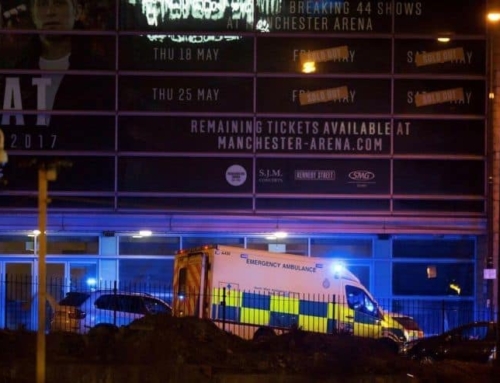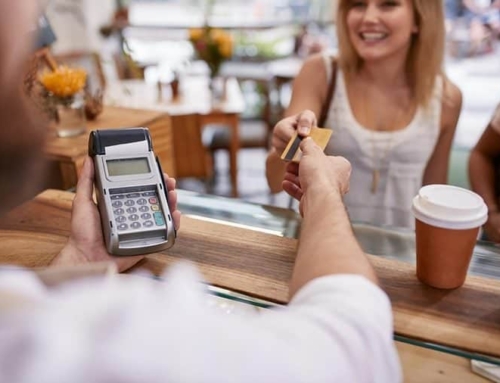It’s not just United Airlines that has to worry about the significant negative ramifications of the improper application of security. Events also can, and do, hit the media spotlight for all the wrong reasons—including unprofessional security being aggressive or mishandling a situation.
Whether you’re planning a board of director’s meeting, a product launch, or a customer program at the Olympics, you need an event security team that enhances your attendees’ experience and the client’s brand—not restricts it with prohibitive and/or unnecessarily overt protocols and procedures.
Event security today is no longer about having uniformed officers in key locations checking credentials and being ready to react if something goes wrong. To avoid danger and manage risk today you need to have a team that can proactively identify threats and the risk of those threats to your event, your participants, and your organization. That team not only needs to be able to physically secure people and assets from serious threats such as terrorism, but also protect your organization’s reputation and brand, and mitigate the risk of litigation.
Your security team should embody these four key considerations that will help ensure your event is both safe and successful.
- Function as an enabling service
Event security should be about facilitating clients’ requests, staying dynamic and flexible, working to get to “yes,” and, if there are issues, offering alternatives. The aims and objectives of the event should be enabled by the security plan—not inhibited by it.
For example, if a social media analysis identifies a protest group as planning to target the event, instead of increasing overt security and affecting traffic flow, you should be able to implement a proactive intelligence operation that identifies members of the protest group pre-arrival, monitors their plans and the key potential troublemakers closely, and covertly manages the protesters onsite or stops them at entry points. It also could call for initiating dialogue with the protest group to help facilitate the protest in a safe, non-disruptive manner.
- Protect people, assets, and reputation
Brand, reputation, and stakeholder perception are also key assets—not just when it comes to clients and VIPs, but also members of the public, staff, and media. The security provider will most likely be the first point of contact for guests as they arrive at the event, and their first impressions will shape their overall view of the event. A best-in-class corporate event security provider will deliver not only the operational plan to provide comprehensive security coverage, but will also have a complete understanding of the strategic intent of the client and shape the best plan to achieve it.
- Know what you are talking about
To be able to design security commensurate with risk, your security team first has to quantify and qualify that risk. It should know the “ground truth,” and complement it with a thorough understanding of best practice security methodology. Intelligence gathering and risk assessments are key. Use of training exercises and tabletop planning sessions help build trust and common understanding.
It’s vital that your security team understands the decision-making process and who has responsibility for key operational decisions in the event of a serious issue or incident. Relationships matter—the provider should have access to the range of official agencies and local law enforcement who will have interest in the event and be involved in any response to an incident.
- Offer combined and collaborative planning from the outset
The security planners should work in partnership, and be embedded with, the event planners and client stakeholders from the outset. Security plans developed in isolation or added as an afterthought will lack cohesiveness, and likely would inhibit rather than enhance the success of the event. The security team should partner with all other functions and assist and advise them to ensure that security awareness becomes an enduring thread through all planning functions and the subsequent event delivery.
Today, you need high-quality security (not the cheapest), at a level that is commensurate with your event’s risk to physical and reputational safety. The modern security team facilitates client logistics, liaises with multiple components, and pro-actively avoids danger.









